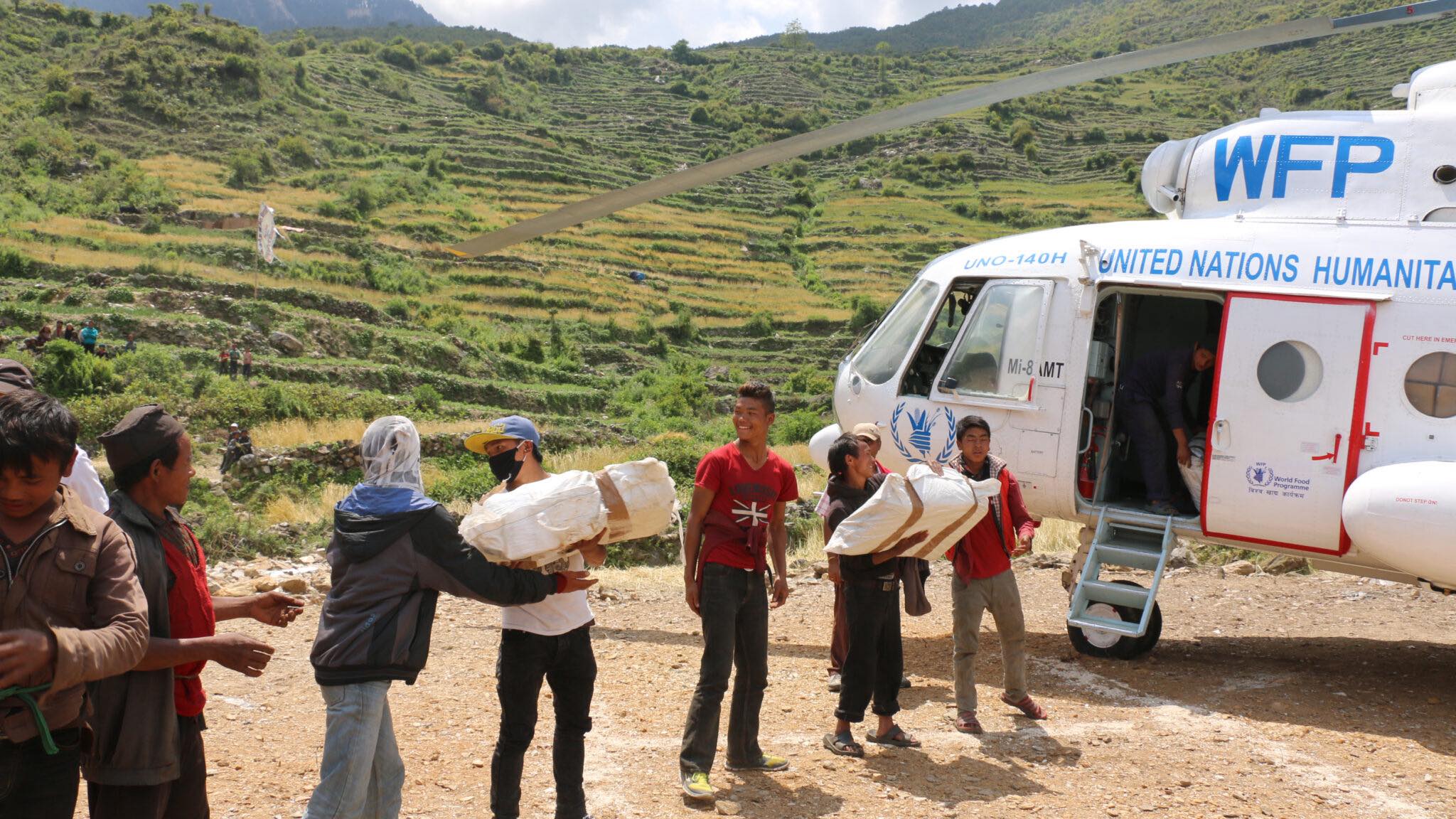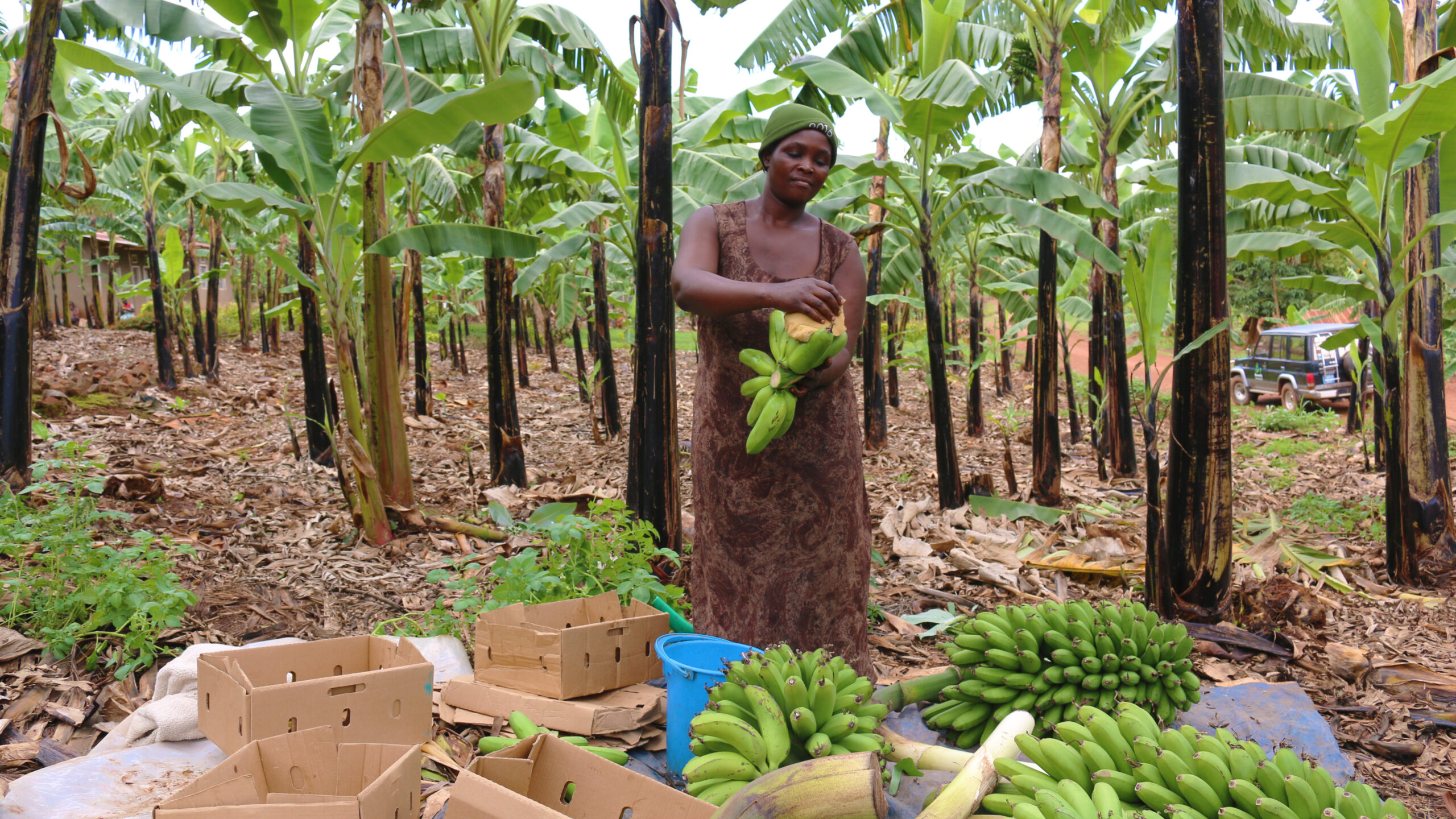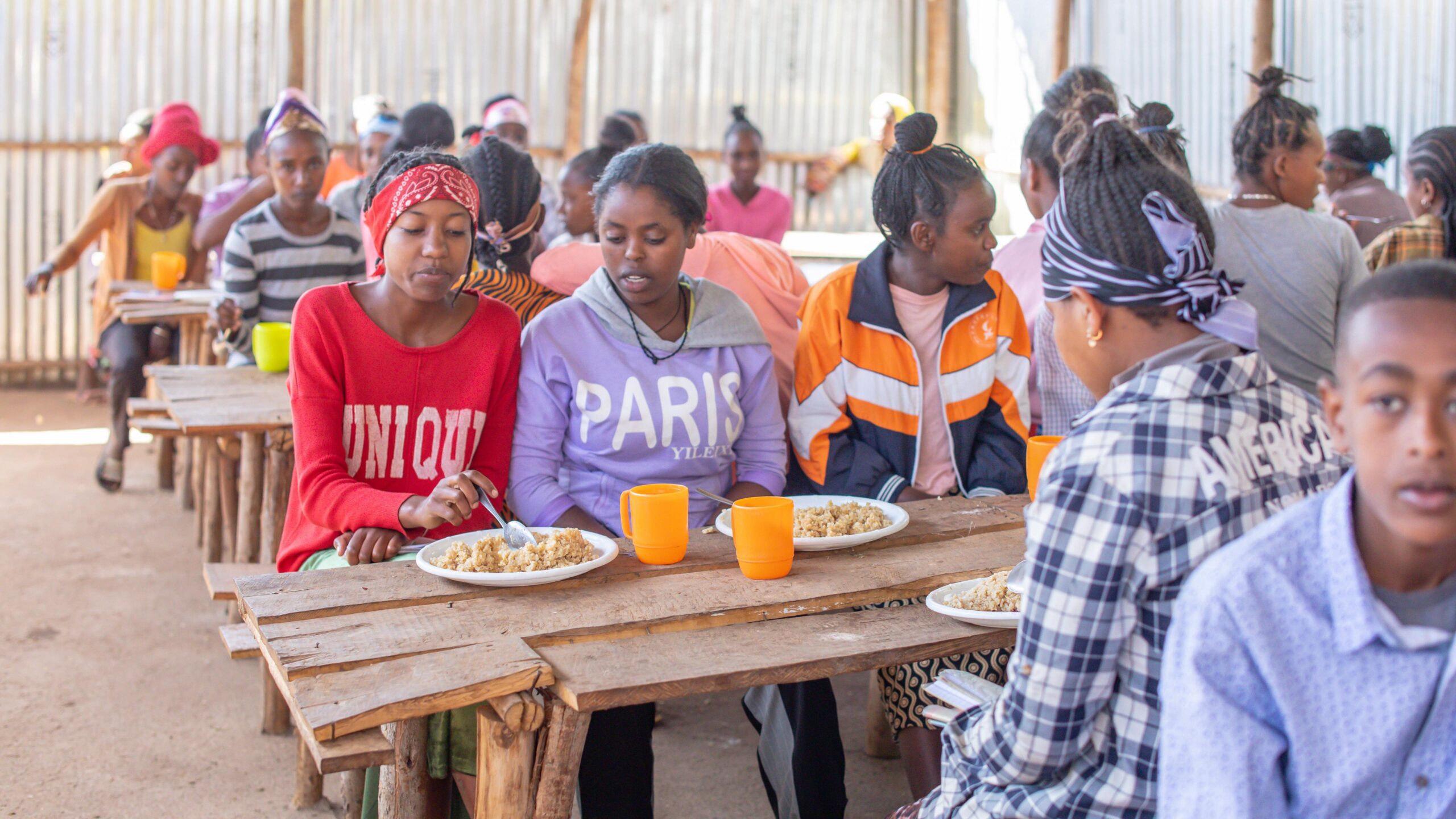European policymakers must increase development assistance to agriculture to at least 10 percent of overseas development assistance. That was the first of several key calls to action IFPRI Director General Shenggen Fan presented to policymakers from European Union countries at a keynote presentation to the Royal Dublin Society and livecast around the world last week.
At the event, co-organized by Teagasc, an Irish organization that provides research and training services to rural communities, Fan called upon European leaders to support a bold vision for the post-2015 agenda and enact a series of concrete policy actions to end hunger sustainably by 2025.
First, Fan urged Europe to increase the overall percentage of overseas development assistance (ODA) to agriculture to 10 percent, a milestone that Ireland achieved in 2011. According to data compiled by the Organization for Economic Cooperation and Development, between 2008 and 2011 European Union member countries of the Development Assistance Committee invested, on average, 4 percent of their ODA in the agricultural sector.
In particular, he emphasized that governments should increase investments in agricultural research and development, and programs that support technology transfer. These include crop and livestock breeding, and agricultural practices that conserve water and land resources, such as drip irrigation and conservation agriculture.
Fan outlined how demographic shifts and changing food consumption patterns, coupled with the effects of a changing climate and diminishing soil and water resources, are placing undue strain on the global food system. “An integrated approach is needed to sustainably improve food and nutrition,” he said, “and Europe has a key role to play.”
Next, Fan urged Europe to “reform domestic agricultural policies and promote open trade.” Such reforms, according to Fan, begin with ending costly and distortionary payments to European farmers and engaging in ongoing trade talks with the World Trade Organization member states. Fan commended EU leaders on proposing stricter limits on biofuel mandates, and urged them to go further by calling for the elimination of subsidies supporting biofuels derived from food crops such as palm oil, rapeseed, and soybeans. Instead, he suggested, policymakers should shift such investments to so-called “second-generation biofuels” that are derived from non-food crops.
The third pillar of Fan’s policy recommendations for the EU involved Europe assuming stronger leadership around capacity strengthening efforts at both the regional and national levels. Specifically, he called for enhanced knowledge sharing between the EU and developing countries through successful partnerships such as with the CGIAR, and inter-regional knowledge sharing such as what the Programme for South-South Cooperation does. He highlighted programs aimed at building national capacities such as the Regional Strategic Analysis and Knowledge Support System (ReSAKSS) and the African Growth and Development Policy (AGRODEP) Modeling Consortium, which both support collaboration and data sharing among African researchers and policymakers.
Agriculture, food security, and nutrition are high on the EU’s long-term development cooperation agenda, but current estimates of the overall number of people suffering from hunger and malnutrition remain unacceptably high. “There has been much talk [on improving food security and ending hunger]” Fan concluded, “but we must now ‘walk the talk’ and follow through on these commitments.”







